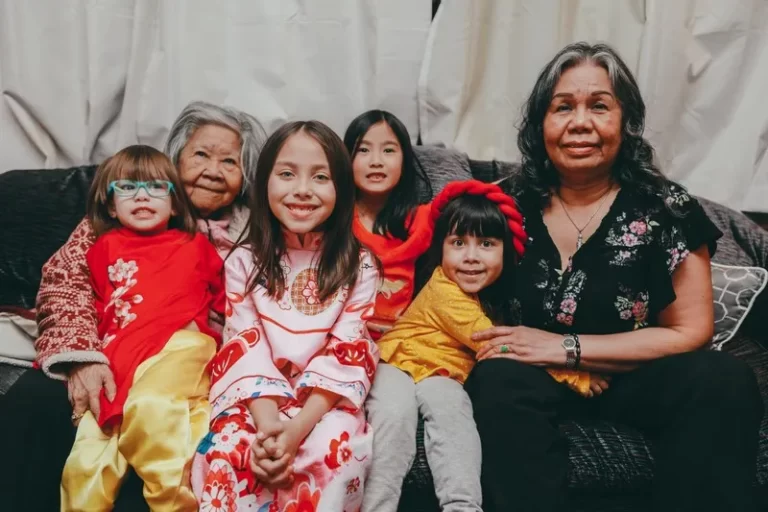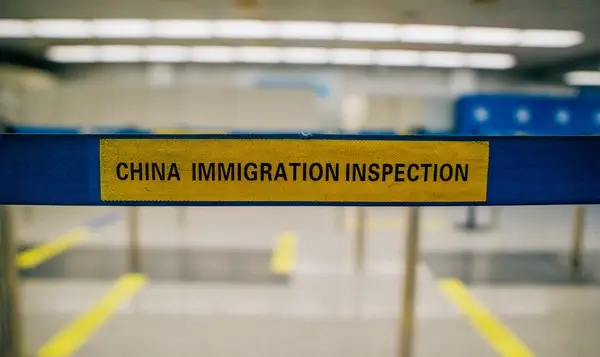Table of Contents
- Understanding Internal Migration: Definitions and Scope
- Causes of Internal Migration
- Types of Internal Migration Patterns
- Consequences of Internal Migration
- The Role of Government and Policy in Internal Migration
- Conclusion: Understanding the Dynamics of Internal Migration
Internal migration is the movement of people within a country’s borders, a phenomenon with significant social, economic, and cultural implications. Unlike international migration, which involves crossing national boundaries, internal migration is focused on movement within a nation, typically from rural to urban areas, from one region to another, or between cities. In this article, we will examine the various aspects of internal migration, from its primary causes to its impact on individuals, communities, and society. Through this exploration, we aim to understand the forces driving this movement and its complex implications for societies around the world.
Understanding Internal Migration: Definitions and Scope
Internal migration is defined as the relocation of individuals or groups within a country’s geographical boundaries. This migration can take multiple forms based on the motivations, destinations, and distances involved:
- Rural to Urban Migration: Typically involves individuals moving from rural areas to urban centers in search of better employment opportunities, education, and access to amenities.
- Urban to Urban Migration: Movement from one city to another, often motivated by professional opportunities, lifestyle choices, or family reasons.
- Inter-regional Migration: Movement between different regions within a country, often influenced by differences in economic growth, resources, or government policies.
- Intra-urban Migration: Movement within a single urban area, often related to changes in income levels, family dynamics, or housing availability.
While these categories provide a framework for understanding internal migration, the phenomenon remains complex, driven by a multitude of factors that vary by region, socio-economic status, and historical context.
Causes of Internal Migration
The motivations behind internal migration are numerous and often interlinked. Sociologists categorize these motivations into push and pull factors, which influence individuals’ decisions to leave one place and settle in another.
Economic Factors
One of the most common drivers of internal migration is the search for economic opportunities. Economic disparities between regions, job availability, and income differentials are primary motivations for people seeking a better livelihood.
- Employment Opportunities: Urban centers and economically developed regions often provide greater job opportunities. Consequently, people migrate from economically stagnant or declining regions to areas where they can secure more stable, better-paying jobs.
- Cost of Living: Individuals may also migrate to regions with a lower cost of living or where wages stretch further, thus improving their quality of life.
- Poverty and Economic Disparities: For many, migration represents a potential escape from poverty. Moving from rural to urban areas, where industries and services are concentrated, is often seen as a way to break the cycle of poverty.
Social and Cultural Factors
Internal migration is not solely influenced by economic considerations; social and cultural factors also play a significant role.
- Education and Career Advancement: Educational institutions and opportunities are often concentrated in urban areas, leading individuals, particularly younger ones, to migrate to these regions for higher education and career development.
- Healthcare and Amenities: Access to healthcare, improved living conditions, and amenities such as sanitation, electricity, and entertainment are significant pull factors for urban migration.
- Family Dynamics and Marital Ties: Family obligations or the desire to reunite with family members can also be strong motivators for migration. Additionally, marital migration is common, where individuals relocate to join their spouse.
- Cultural Identity and Community Ties: In multicultural societies, people may choose to move to areas where they can connect with others who share similar cultural backgrounds, languages, or religious beliefs.
Political and Environmental Factors
Political and environmental conditions also shape internal migration patterns, often in ways that create significant social challenges.
- Government Policies and Development Initiatives: Policies such as rural development programs or urban zoning laws may encourage people to move to or away from certain areas. For instance, governments may incentivize rural development to prevent excessive urbanization or, conversely, promote urbanization as part of economic modernization.
- Environmental Conditions and Natural Disasters: Areas prone to natural disasters, such as floods, droughts, and earthquakes, can experience high out-migration rates as people seek safer, more stable living conditions.
- Political Stability and Safety: In some cases, internal migration is driven by political instability or violence. Individuals may relocate to safer regions within their country when facing threats to their security.
Types of Internal Migration Patterns
Get the full article AD FREE. Join now for full access to all premium articles.
View Plans & Subscribe Already a member? Log in.





